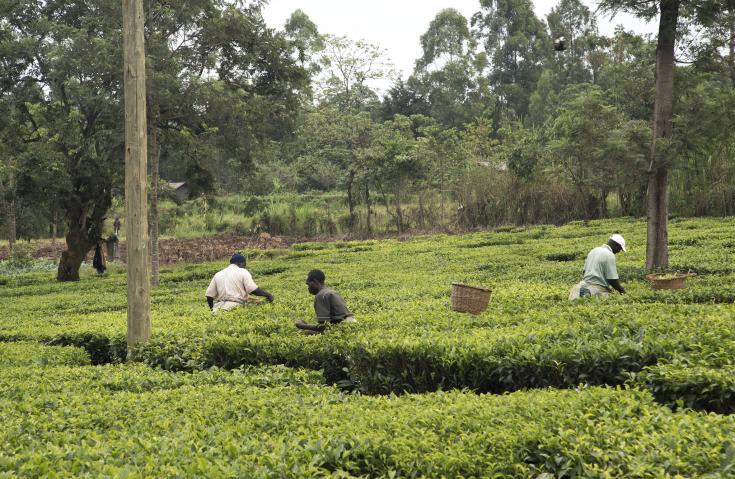
Agriculture
-
Agricultural Technology in Africa: Issue 2
-
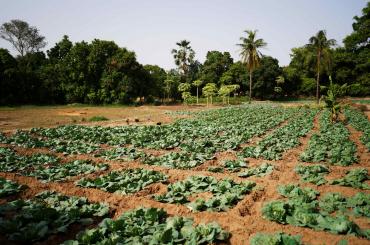
Why bundled agricultural programmes may succeed where others fail
A bundled farm programme in western Kenya boosted yields and profits for smallholders by jointly tackling credit, information, and risk constraints.
-
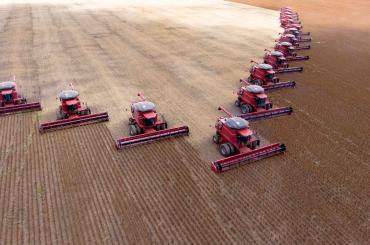
How agricultural innovation affected female labour force participation in Brazil
New technologies in Brazil increased agricultural productivity, but also reduced economic opportunities for women and increased fertility rates.
-
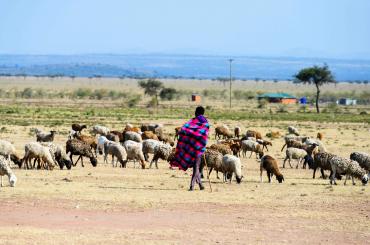
Displaced and divided: How some development projects undermine Africa’s pastoral communities, sparking violence
Pastoral regions of Africa are witnessing a sharp increase in armed civil conflict. Research has identified ‘mismatched’ agricultural development projects as one major factor driving this violence by displacing local pastoral groups. However, the evi...
-

Post-harvest loans can stop farmers selling low and buying high
Credit constraints prevent farmers from arbitraging seasonal price fluctuations; integrated financial solutions can enable grain storage, channel returns into forward-looking investments, and smooth seasonal prices, yielding benefits for the broader ...
-

How immigration supported agricultural development and structural transformation in Brazil
Immigration can foster agricultural development while accelerating, rather than delaying, structural transformation in developing economies.
-

How the price of agricultural inputs constrains farmers in Bangladesh
There are fears that agricultural subsidies could attract farmers with low returns to use new technologies. Evidence from Bangladesh shows that without subsidies, the price of agricultural inputs is actually a barrier to adoption, highlighting that h...
-
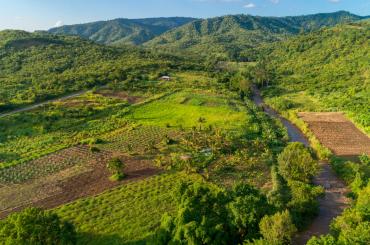
Smallholder farmers’ crop yields and productivity are failing to rise in sub-Saharan Africa
What has new evidence taught us about the evolution of smallholder agricultural productivity in sub-Saharan Africa over recent decades?
-

The feedback loop between climate change and agriculture
Anthropogenic climate change will likely intensify the negative environmental impacts of agriculture through powerful feedback loops. This has important implications for development research, policy and R&D investment.
